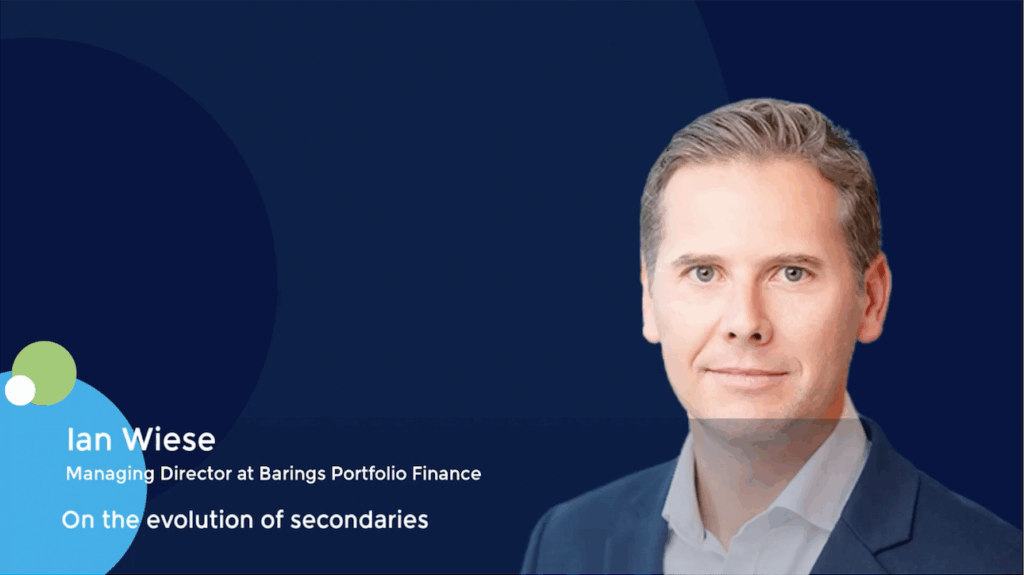Robert McGrail, Head of Legal and Compliance at Dumac, on how due diligence is evolving in private markets
In a recent ION Influencers Fireside Chat, host Giovanni Amodeo sits down with Robert McGrail, General Counsel and Head of Legal & Compliance at DUMAC, the investment office managing $25 billion on behalf of Duke University and its affiliates. This conversation dives deep into the evolving nature of due diligence in private markets, exploring how legal and compliance professionals are adapting to new risks, technologies, and expectations.
With over 15 years at DUMAC, McGrail oversees legal strategy and compliance across a globally diversified portfolio. His role gives him a unique vantage point on how institutional investors are reshaping their approach to private markets—from private equity to real estate and beyond.
Key Themes and Topics Discussed
1. Evolution of Private Market Due Diligence
-
More than a checklist: McGrail explains that traditional due diligence has shifted from a compliance “box-ticking” exercise to a strategic, risk-informed process.
-
Legal teams now look beyond legal documentation to analyze manager capabilities, governance frameworks, and operational resilience—especially in cross-border and multi-asset scenarios.
-
The bar for diligence is rising as private markets become more complex, and investors demand greater transparency and customized risk analysis.
2. The Growing Role of Legal Teams in Investment Decisions
-
McGrail emphasized the importance of involving legal and compliance professionals earlier in the investment cycle.
-
“Even if it’s not the first meeting, let us in on round two or three,” he said, stressing that earlier exposure allows legal teams to better contextualize risks and guide structuring decisions.
-
The ultimate goal: Enable smarter, faster investment decisions by embedding legal insight at the strategic planning stage—not just the execution phase.
3. Technology’s Impact on Legal and Compliance Functions
-
McGrail is optimistic about the impact of technology and AI in streamlining legal workflows.
-
He foresees a future where automation handles repetitive tasks, freeing legal teams to focus on macro-level risk strategy, program sustainability, and long-term planning.
-
“Efficiency will define the next decade,” he noted, warning that firms that fail to adopt legal tech risk being left behind.
4. What Will Legal Leaders Be Doing in 5–10 Years?
-
McGrail believes legal leaders will shift toward thought leadership, helping firms navigate future risks in new investment areas—such as direct real estate or climate-aligned assets.
-
The role will evolve from being reactive to proactive architects of sustainable portfolios, constantly assessing whether investment structures remain fit for the future.
-
He stressed the need for legal teams to operate strategically across the organization, not just within their own silo.
Final Takeaway
The fireside chat with Robert McGrail underscores a powerful shift: Due diligence is no longer just about protecting downside—it’s about enabling smarter, faster, and more confident investment decisions. As technology advances and market dynamics change, the role of legal professionals in private markets is set to become more strategic, data-driven, and future-facing.
As allocations to private markets grow and regulatory complexity increases, legal and compliance functions are no longer just back-office necessities—they’re central to investment success. This evolution is particularly critical for institutional investors managing billions in capital with global exposure.
McGrail’s perspective reflects a broader industry trend: the integration of legal, operational, and investment thinking into a unified approach that enhances agility and reduces long-term risk.
Key timestamps:
00:07 Introduction to the Fireside Chats
01:13 Evolution of Private Market Allocations
03:10 Importance of Speed in Due Diligence
05:59 Evaluating New Strategies from Managers
08:41 Emerging Concerns in Operational Diligence
11:14 Increased Regulatory Scrutiny
12:48 Navigating Legislative Changes
14:45 The Value of Networking in Compliance
17:05 Future of Due Diligence Practices
19:22 Optimizing Team Collaboration
21:02 Future of Legal and Compliance Roles
22:44 Conclusion and Closing Remarks











